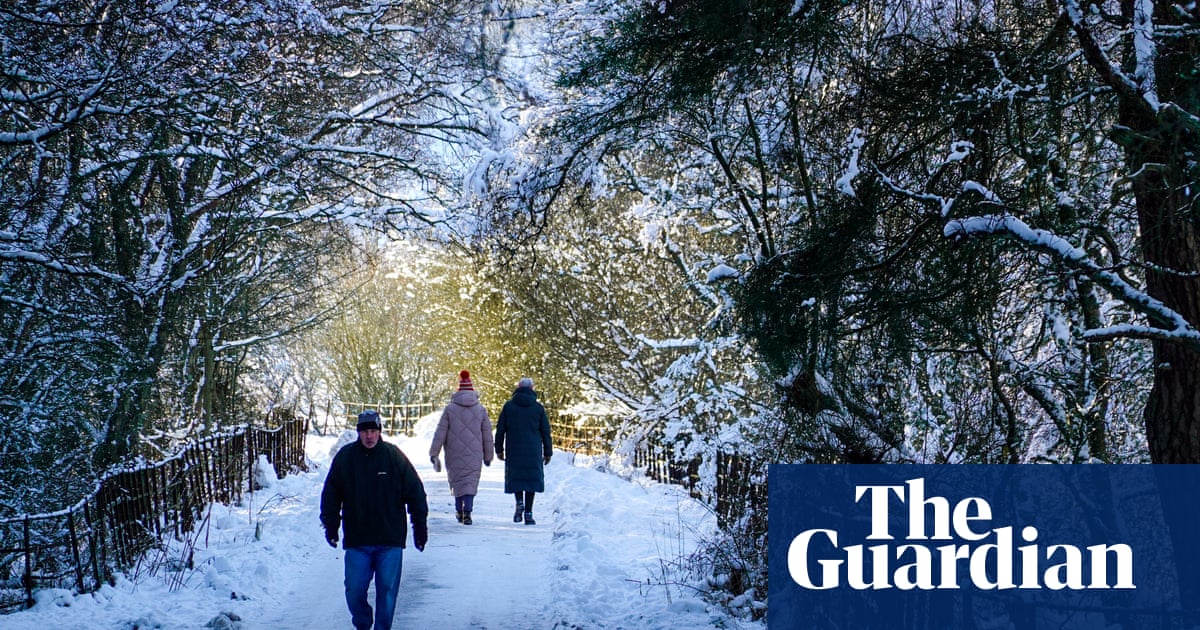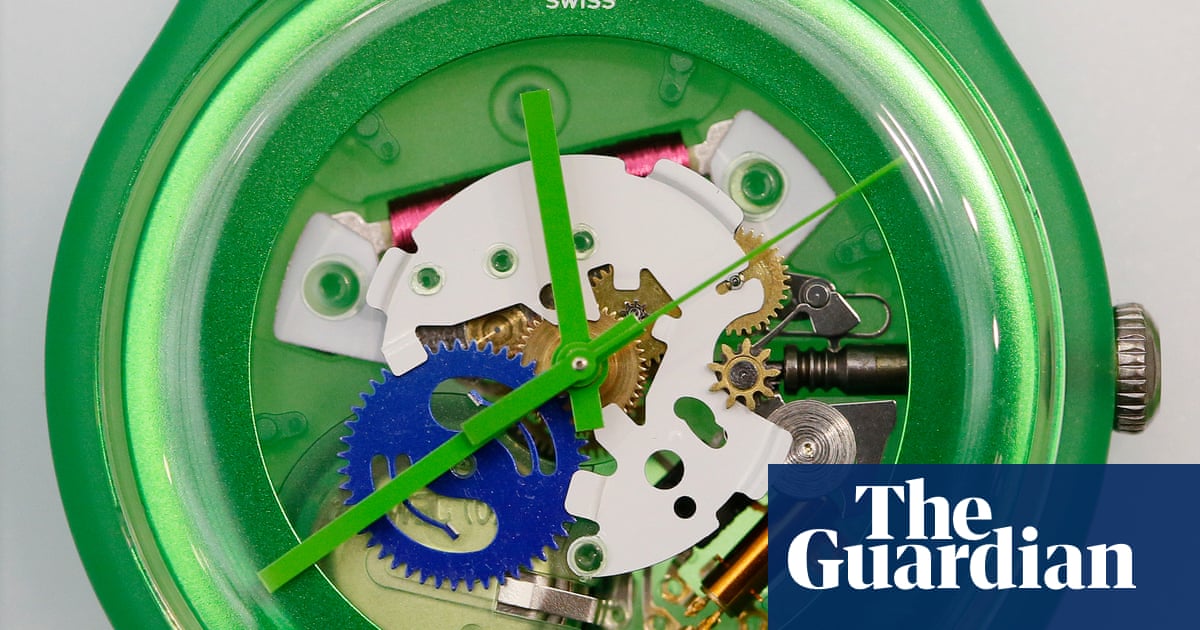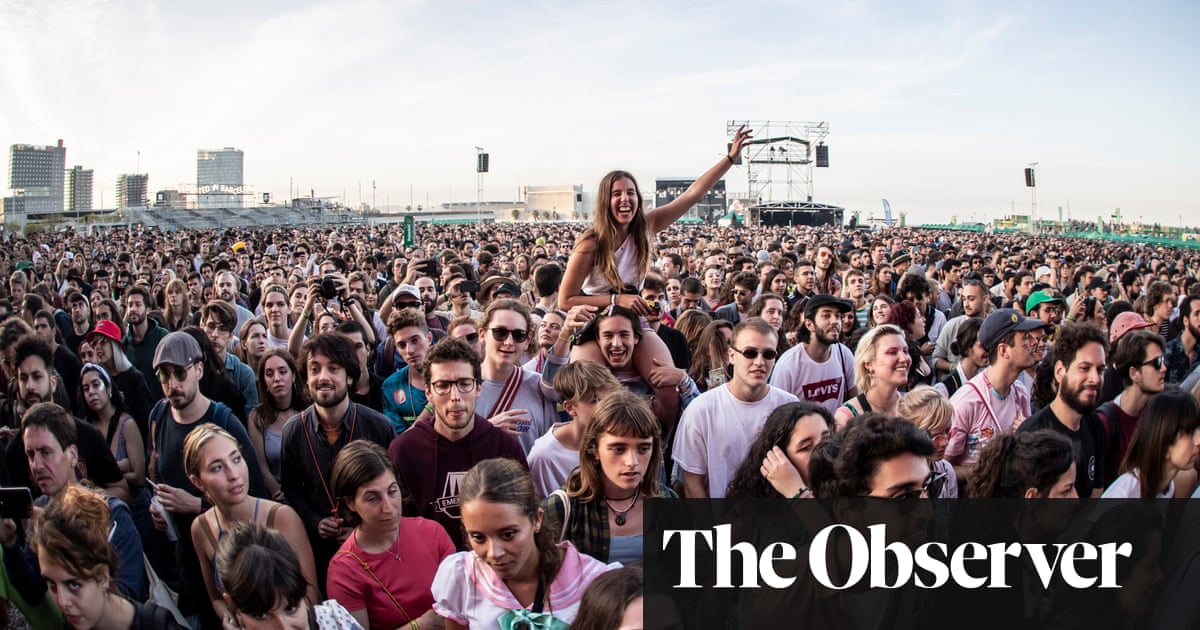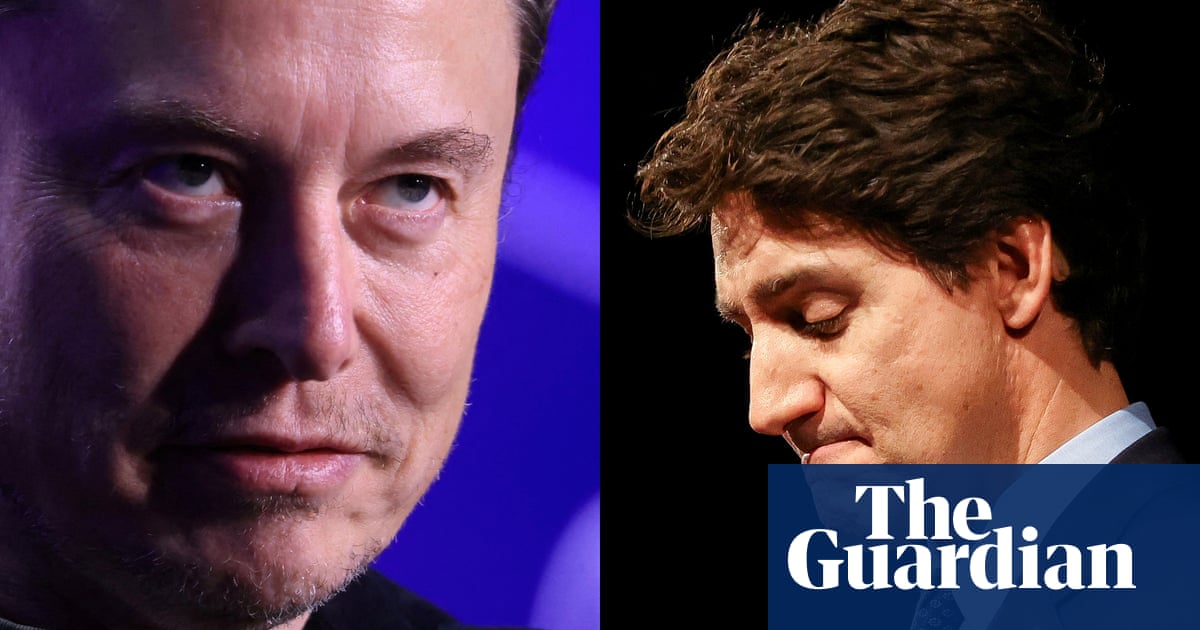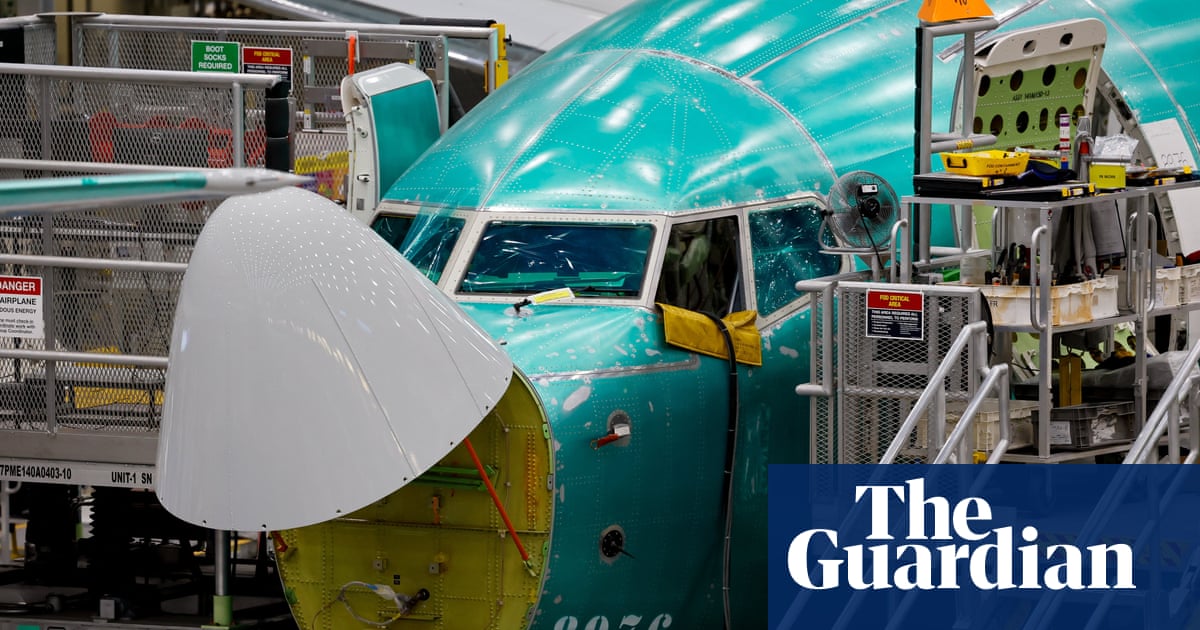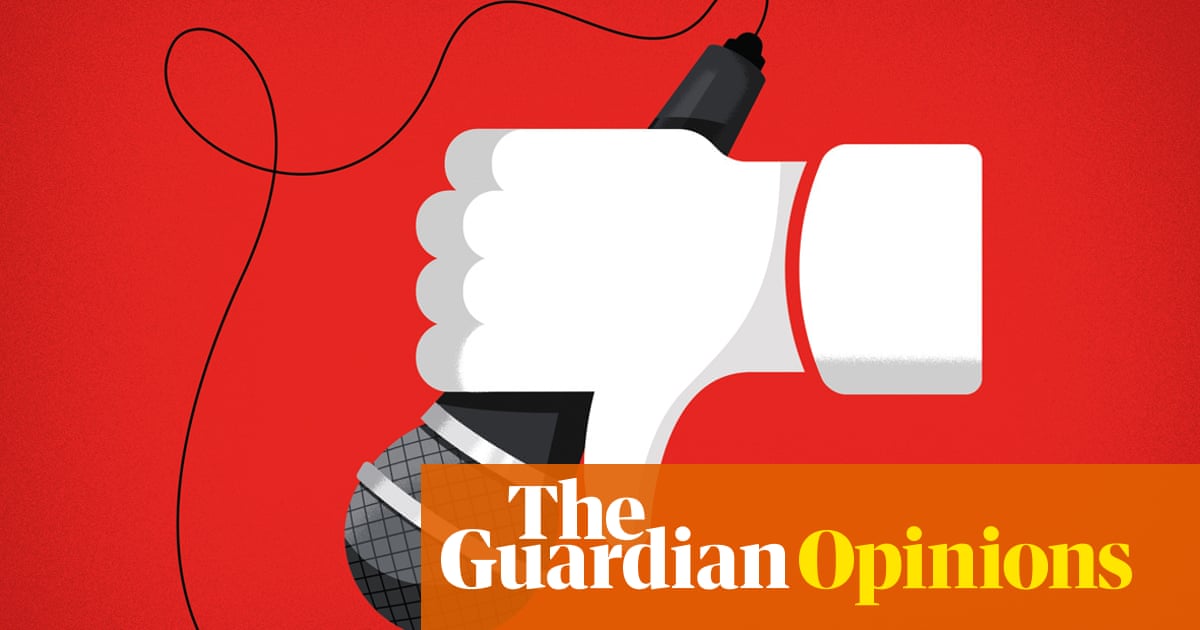Eurostar is the worst-performing rail service on the continent and Germany’s Deutsche Bahn is one of the least reliable, according to a ranking of 27 European operators.
The report from the campaign group Transport and Environment (T&E) scored Europe’s rail operators on factors such as ticket prices, punctuality and willingness to give refunds. It found that only 11 operators had punctuality rates above 80%.
Eurostar disputed the findings. Deutsche Bahn declined to comment.
Trains emit less planet-heating gas than planes and cars, but on many routes holidaymakers find it cheaper to fly and commuters find it more reliable to drive. Campaigners said the results showed that all rail operators could do better, and encouraged governments to help them.
Victor Thévenet, a rail expert at T&E and lead author of the report, said people wanted to travel by train but “many are stopped from doing so because the price is too high, especially for families, or because it’s not reliable”.
T&E rated the companies on eight criteria covering cost and quality, giving more weight to factors that passengers said were important, such as ticket prices and special fares. Lesser factors such as bicycle policies and night train offerings contributed 5% each to the overall score.
Italy’s Trenitalia scored highest in the ranking, with an average of 7.7 out of 10, followed by Switzerland’s SBB, the Czech Republic’s RegioJet, Austria’s ÖBB and France’s SNCF. At the bottom of the list were Eurostar, Greece’s Hellenic Train and France’s Ouigo.
The report praised the UK for reimbursing customers for delays, but criticised the high price of its tickets. It found the three most expensive rail companies in Europe operate totally or partly in the UK. Eurostar, which serves routes such as London to Paris and Brussels, charges nearly twice the European average price per kilometre when comparing routes of comparable length, the report found.
Eurostar said it had updated its booking experience and cycling policy since the data was collected, and relaunched a service to buy last-minute fares at discounted prices. It said it did not provide automated refunds for delays because it wanted to let customers choose the type of compensation they received.
“We are confident that if this report were redone again, the scores would be higher,” a spokesperson said. “We’ve had a record number of passengers travel with us this year and we expect that figure to grow as we continue to invest in our service.”
Thévenet attributed the high scores for Trenitalia to more than a decade of competition with Italo on Italy’s high-speed network, which has pushed both operators to provide a better service. He also praised Switzerland’s investments in its rail infrastructure, which helped SBB to offer the most punctual service.
Europe has an extensive rail network, but passengers are often frustrated when travelling across countries because of the fragmented ticketing system. The European Commission plans to propose a simplified system next year to let customers buy a single ticket that maintains their rights in the event of a delay.
“It is possible to build and run rail services that offer cheap, popular, low-carbon travel to meet the needs of most people,” said , a transport researcher at the University of Leeds who was not involved in the study. “Many of our European neighbours are already doing this, although there is also room for improvement as the report shows.”
Train tickets in Europe cost about twice as much as plane tickets for the same routes, a Greenpeace report found last year, with “outrageous” tax breaks encouraging people to heat the planet as they head off on holiday.
Transport experts say better railways will not stop the biggest source of plane pollution, which is long-haul flights. A study Morgan co-authored last month found that more than 40% of plane trips from UK airports had a rail alternative but those journeys made up only 14% of the country’s aviation emissions.
“The problem is that while rail can be a good solution for lots of people and trips, it doesn’t make a massive difference to emissions,” he said. “The small number of people making the very long trips are responsible for most of the emissions.”

.png) 1 month ago
14
1 month ago
14


